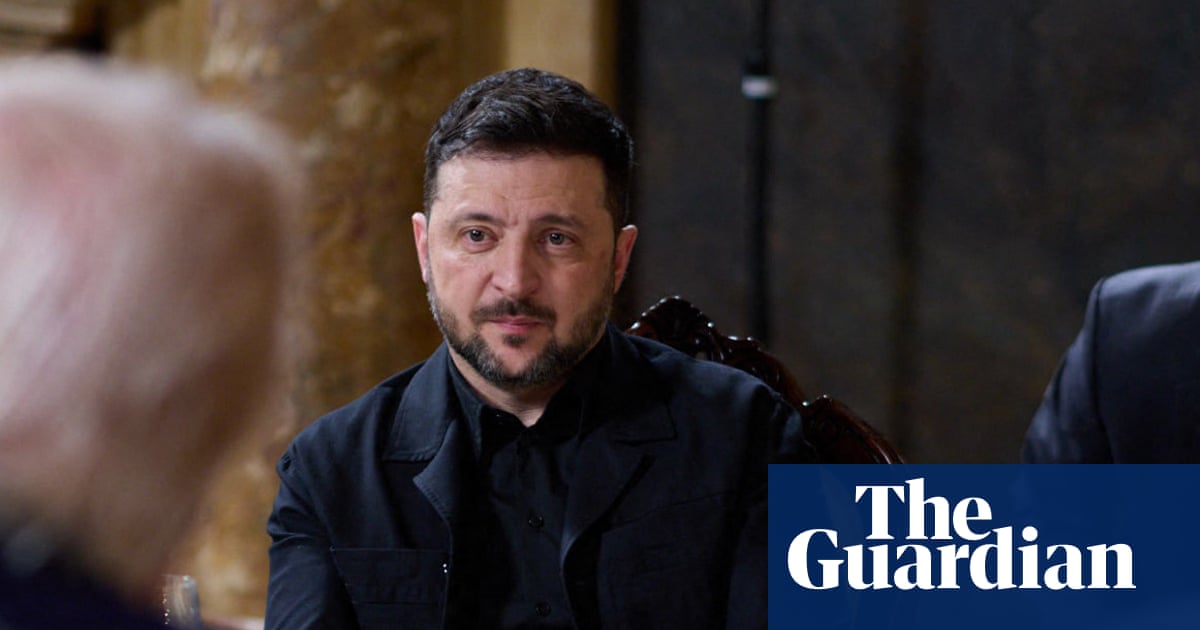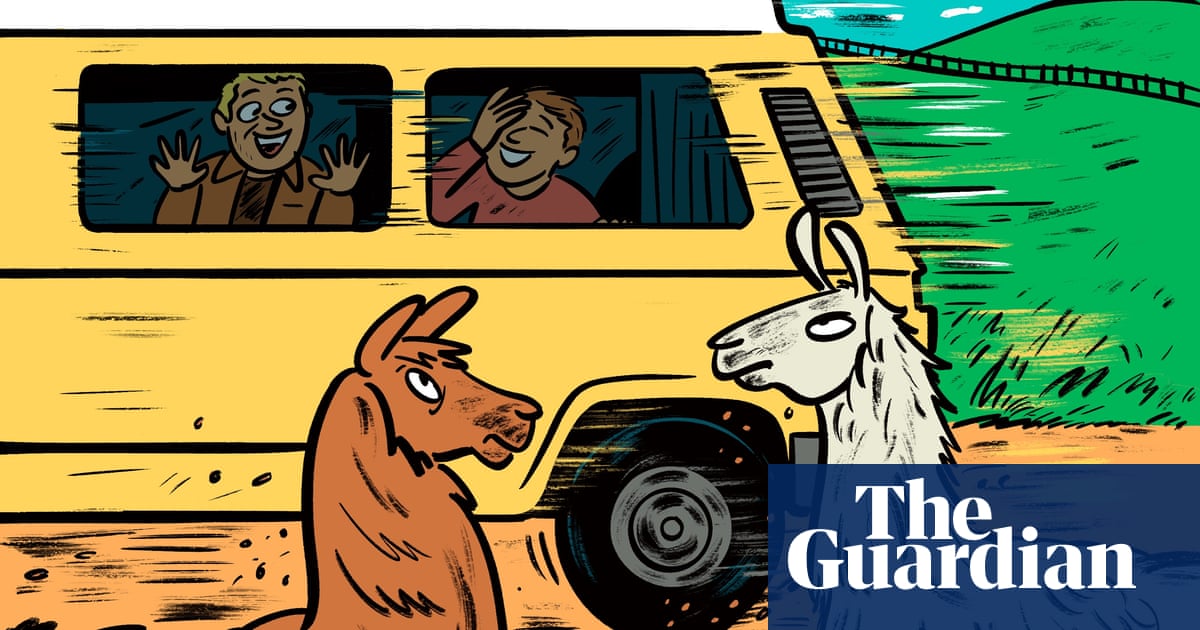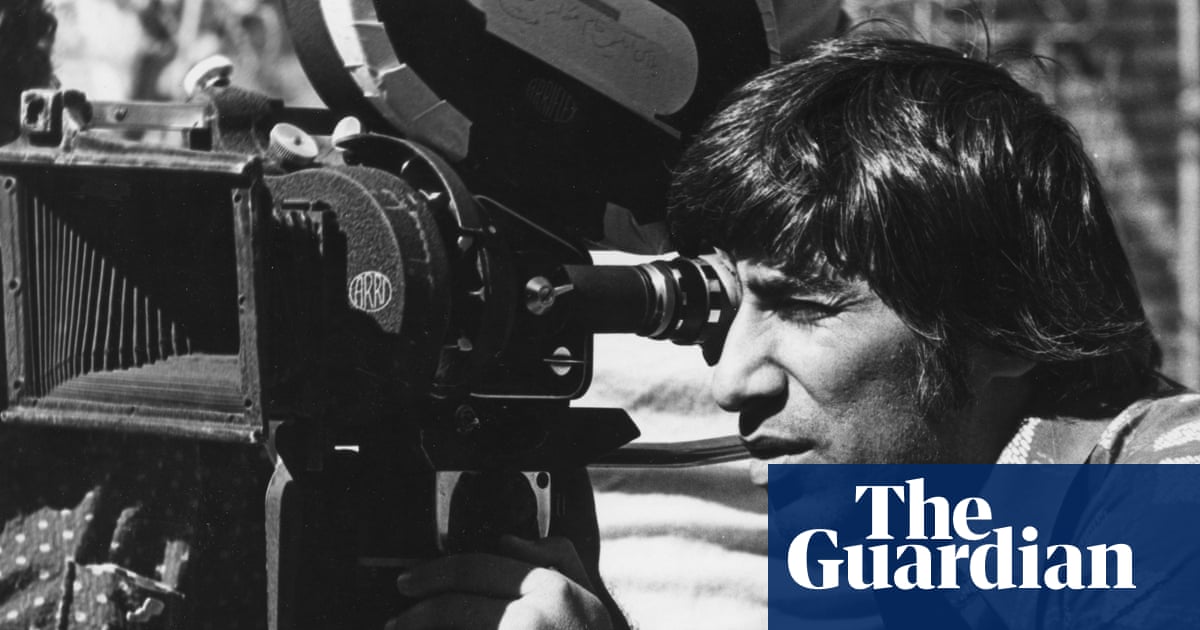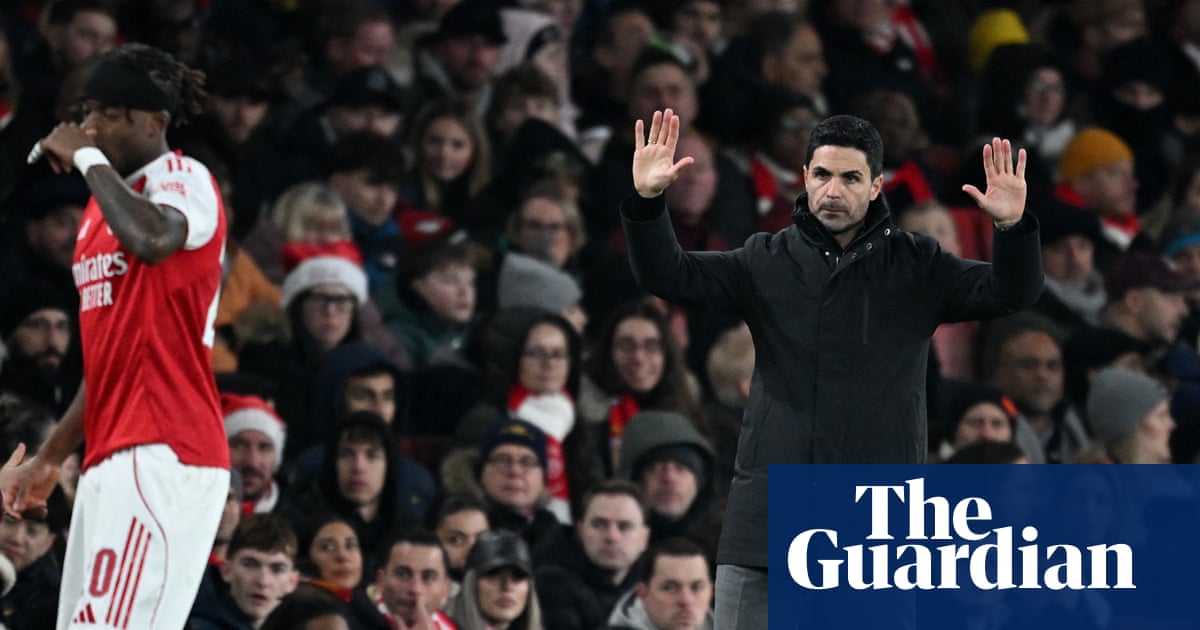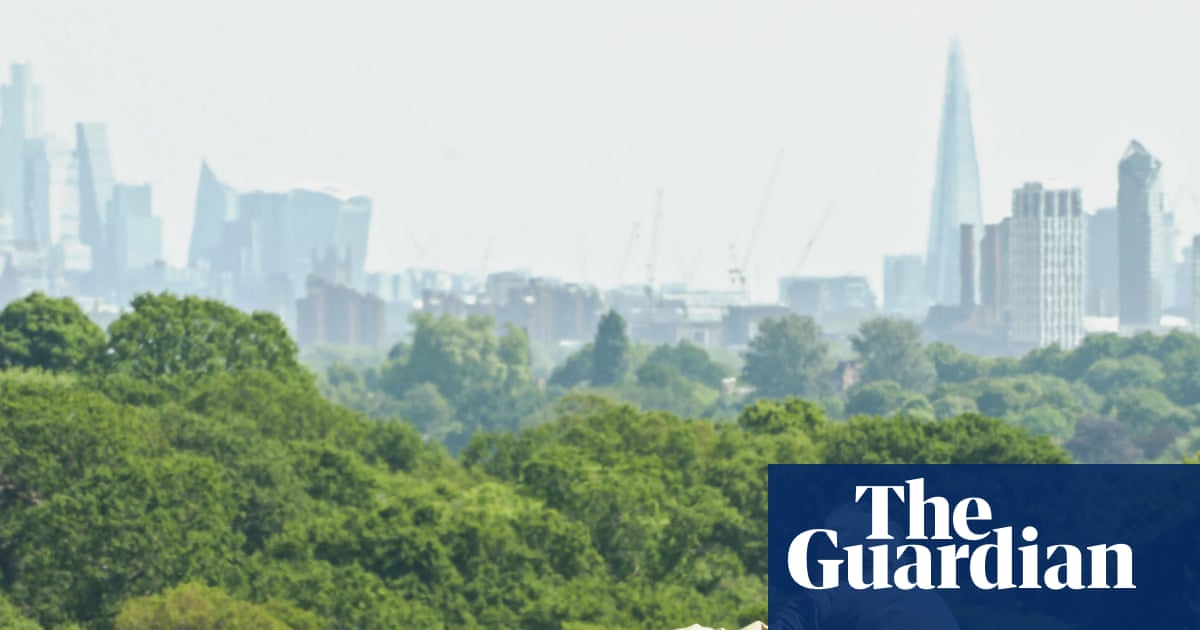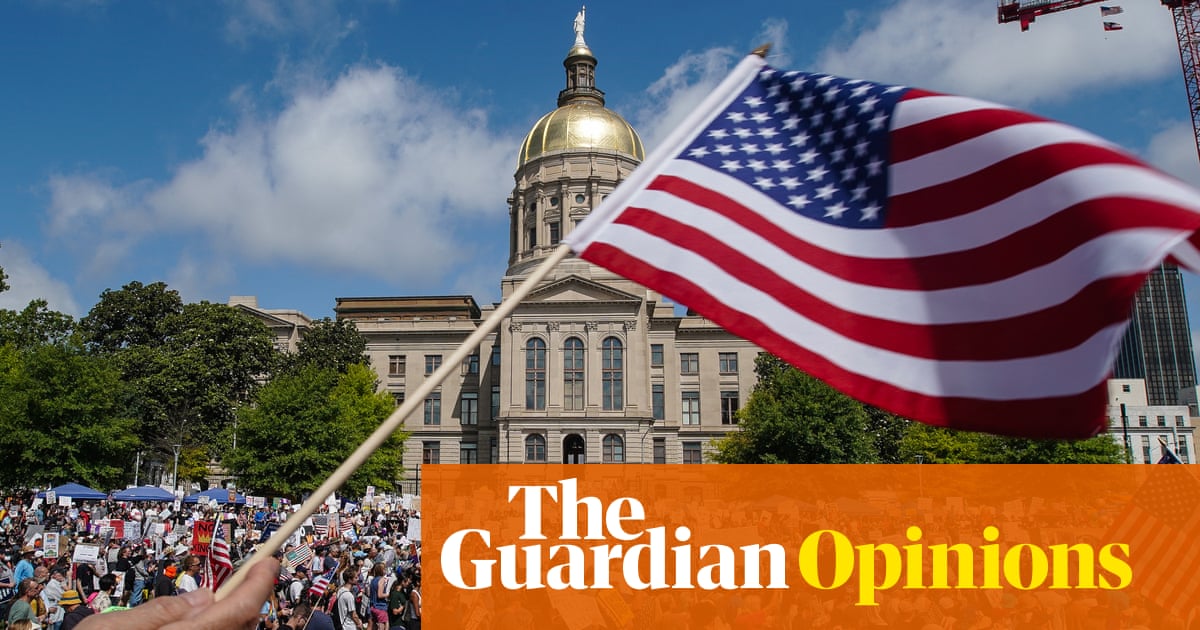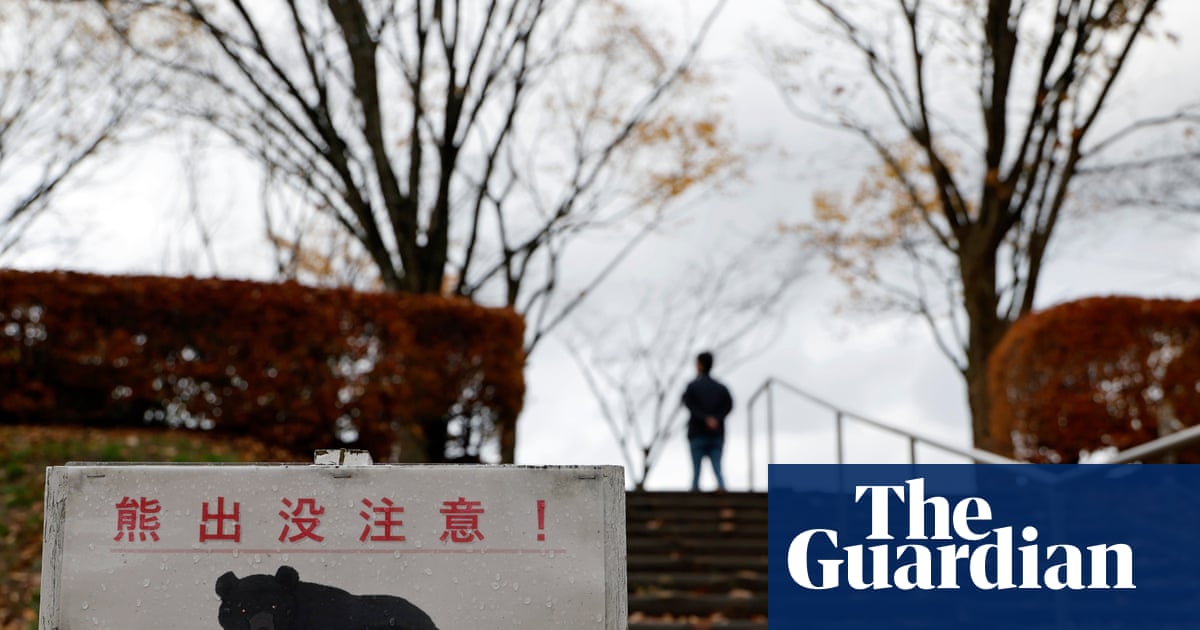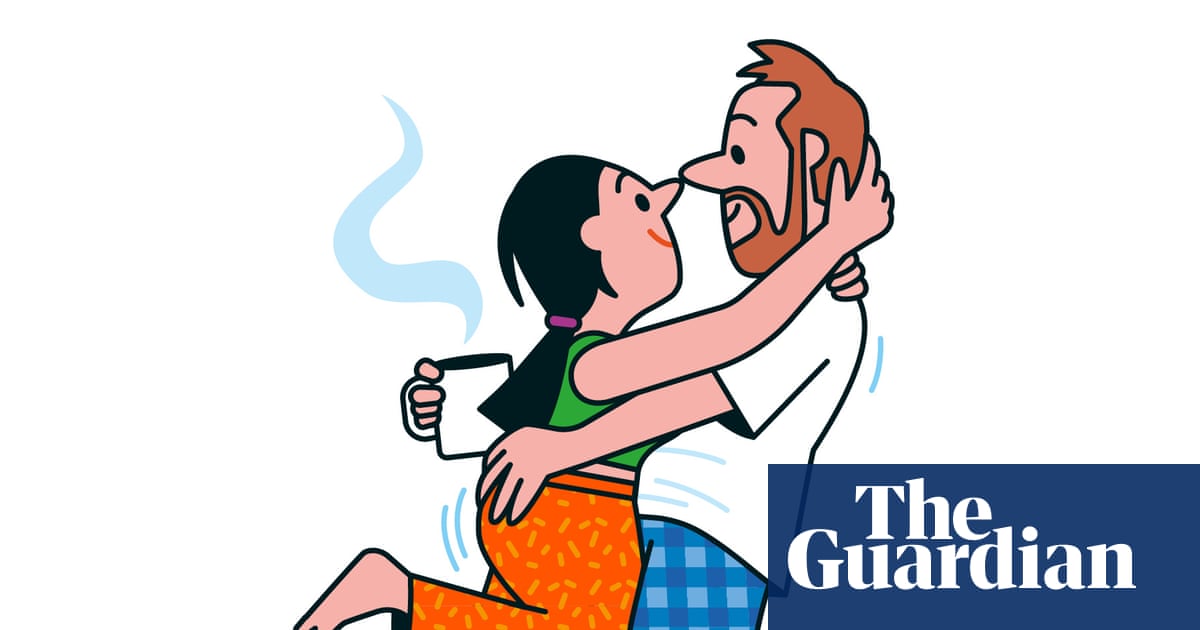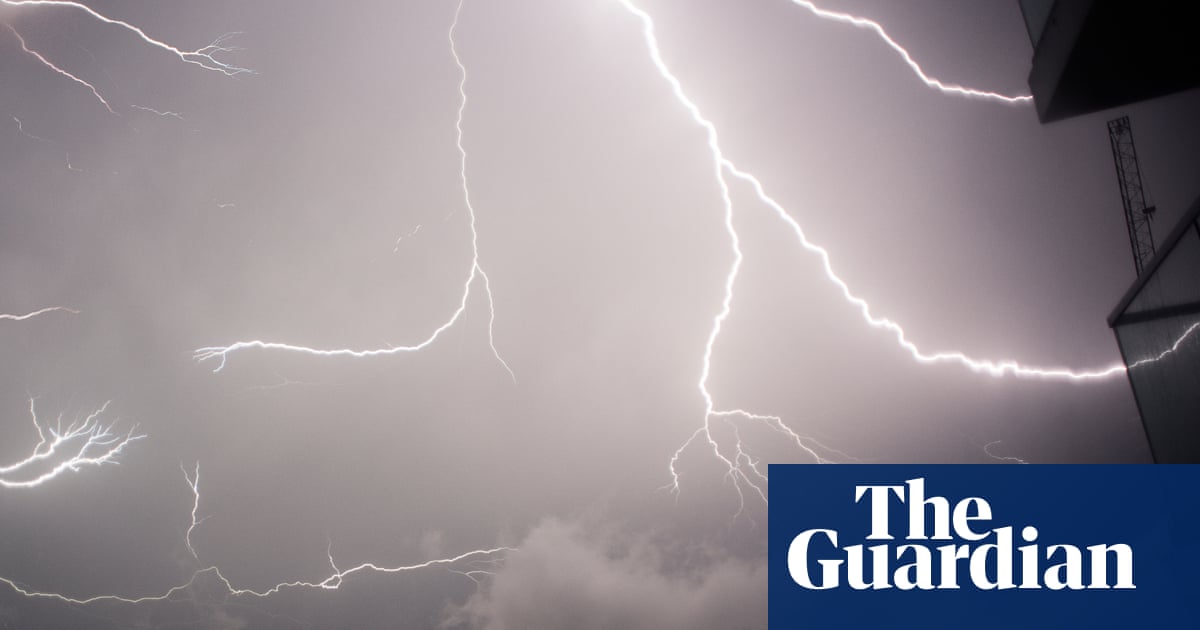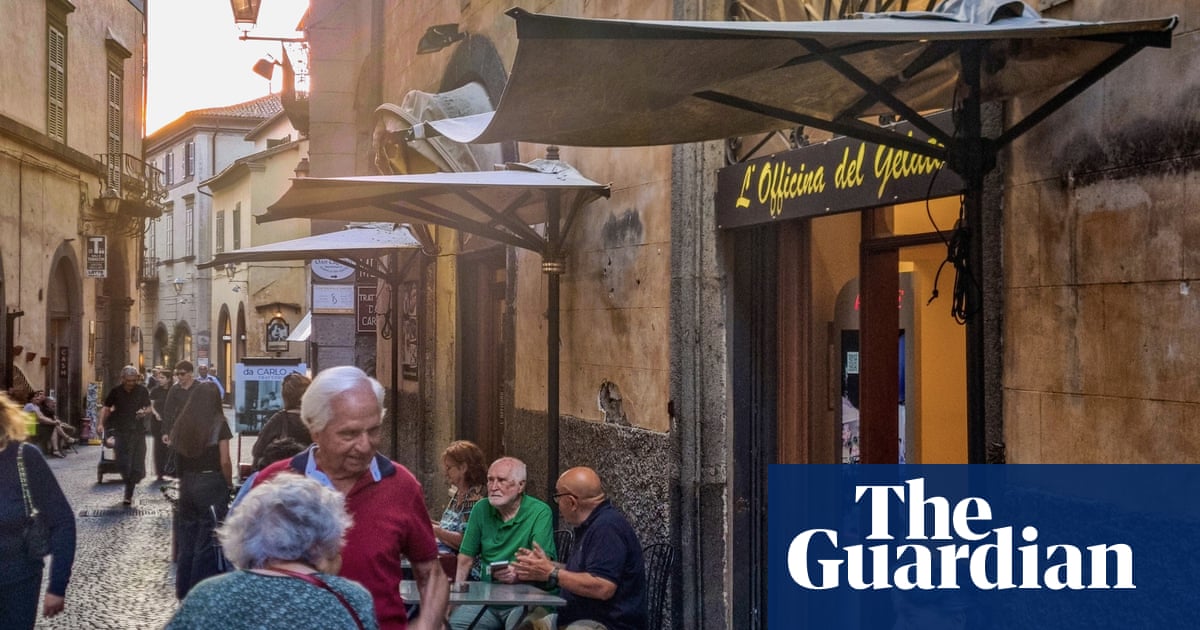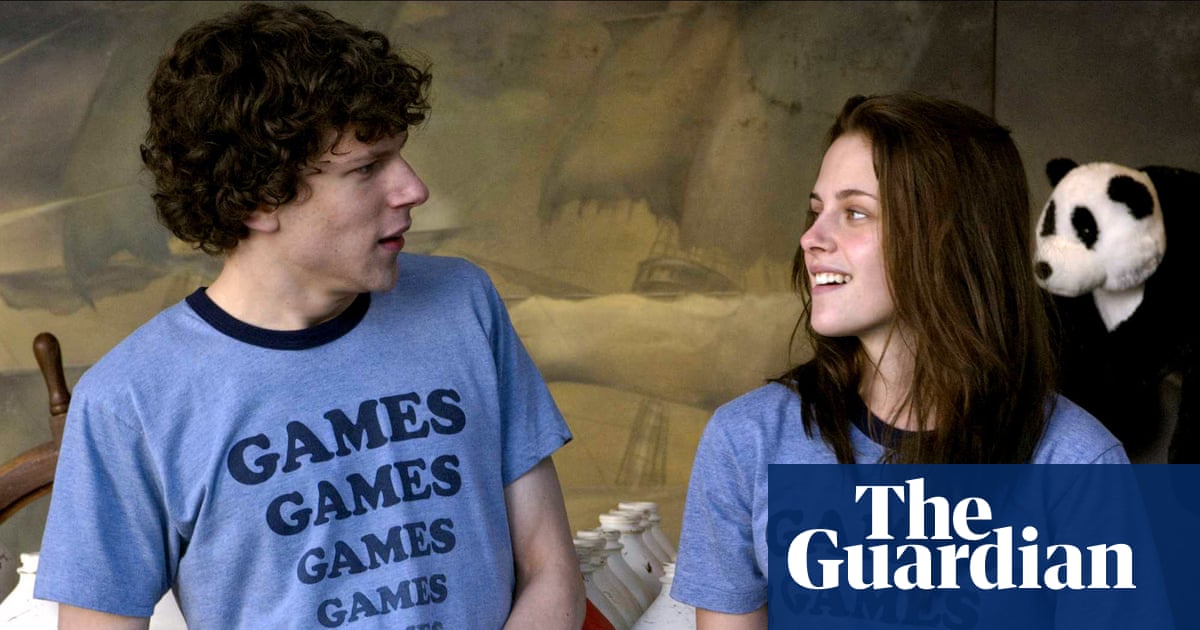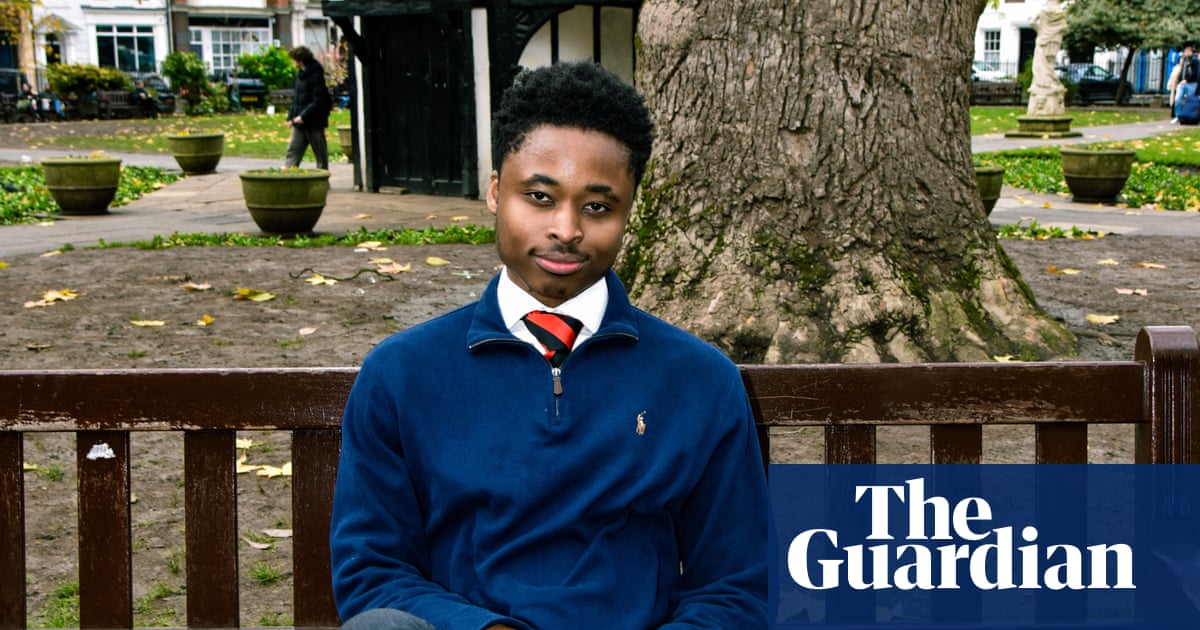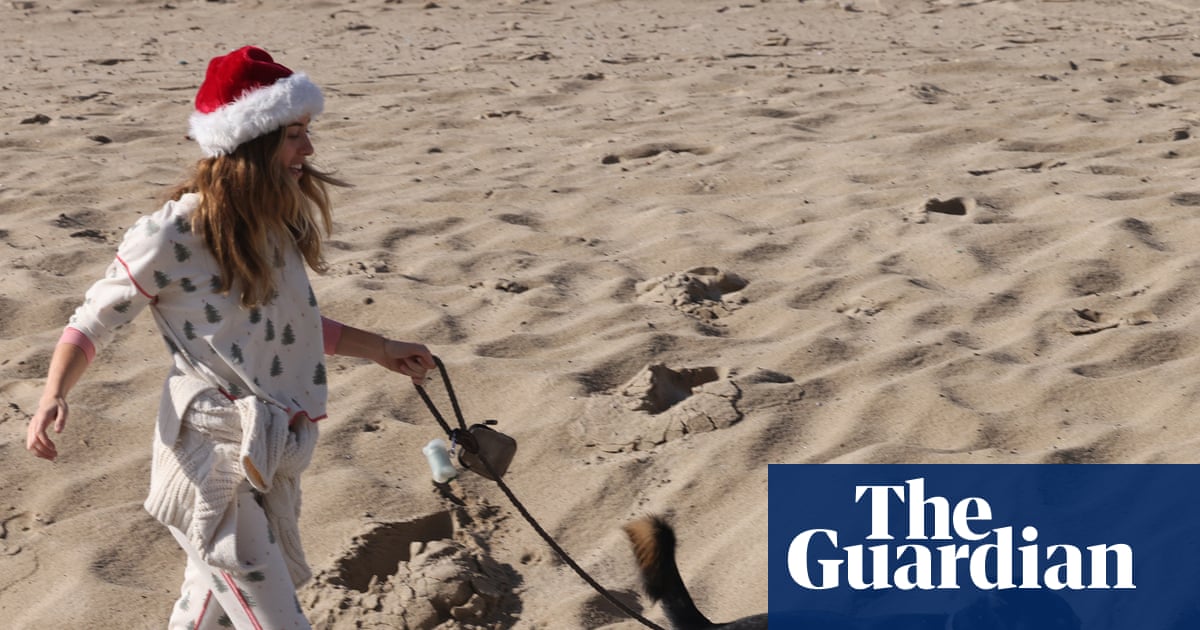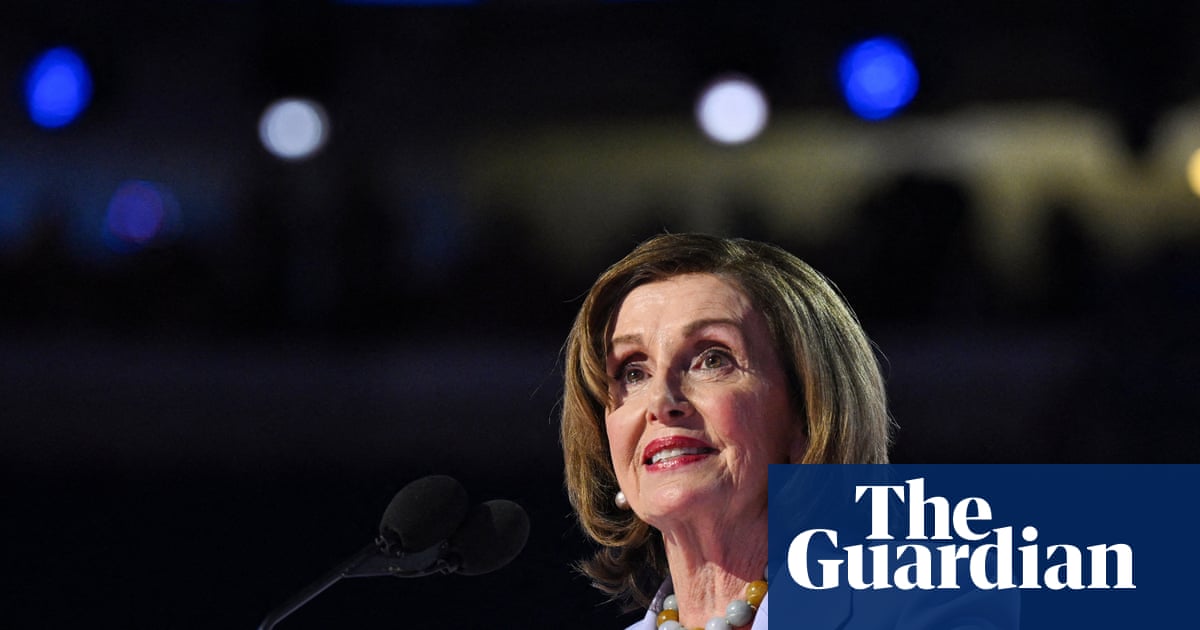A memoir about a woman who rescued a hare during the pandemic has won this year’s Wainwright prize book of the year.
Raising Hare by Chloe Dalton follows the author from London to the countryside, where she looked after a leveret during lockdown.
Meanwhile, the Wainwright children’s book of the year prize went to Lanisha Butterfield for Flower Block, illustrated by Hoang Giang. The story, which Butterfield describes as “a love letter to my working-class childhood”, is set in a city tower block, and finds a young boy, Jeremiah, planting a packet of sunflower seeds in memory of his father. The seeds sprout overnight, taking over the apartment block.
The Wainwright prizes, named after the famed author and fell walker Alfred Wainwright, celebrate nature and conservation writing. Each of the two main prizes comes with a £2,500 award.
Dalton’s memoir, which was also shortlisted for the Women’s prize for nonfiction, is “a sustained and patient attempt to cross the species abyss, and to see the world through the hare’s eyes,” wrote Edward Posnett in a Guardian review. “It possesses a dream-like quality, and often reads as a fable of metamorphosis.”
Both Dalton and Butterfield are debut authors. Butterfield’s Flower Block is “a beautifully told story brought to life by stunning artwork that kept me engaged from start to finish”, said former Blue Peter presenter and judge Mwaka Mudenda. “I loved the rich diversity of characters throughout the book – a reminder of the beauty in our differences and the strength of community.”
Dalton and Butterfield were named overall winners out of six category winners, having won the nature writing category and the picture books category respectively. Meanwhile the conservation writing prize was given to The Lie of the Land by Guy Shrubsole, the illustrative books prize was awarded to Feed the Planet by George Steinmetz with Joel K Bourne Jr and Michael Pollan, the children’s fiction prize went to Wildlands by Brogen Murphy, and the children’s nonfiction winner was Think Big: Secrets of Bees by Ben Hoare, illustrated by Nina Chakrabarti. Category winners were awarded £500 each.
Along with Mudenda, the category judging chairs were author and bookshop owner Luke Sherlock, biologist and Natural History Museum podcast host Khalil Thirlaway, author and ecologist Lee Schofield, evolutionary biologist and broadcaster Ella Al-Shamahi, and children’s writer Uju Asika.
The two overall winners were selected by a panel which included the prize director, Alastair Giles, and subject specialists, drawing on recommendations from the category judging panels. “As environmental and social challenges grow ever more urgent, it’s inspiring to see writers of all ages and backgrounds using their voices to deepen our connection with the natural world,” said Giles.
Last year’s main prizes were won by Michael Malay for Late Light and Foxlight by Katya Balen. Other past winners include James Rebanks, Merlin Sheldrake, Robert Macfarlane and Amy Liptrot.

 3 months ago
51
3 months ago
51
